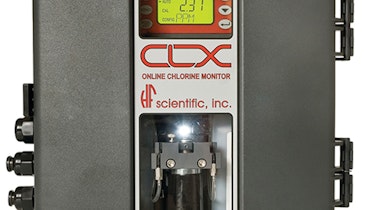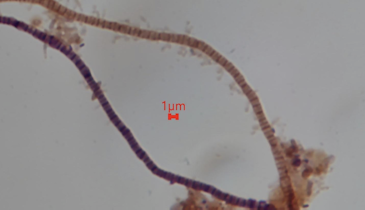
Cribbs helps train and mentor his own team members, like analysis technician Mark Marston (right) as well as operators around Kansas.
Like many people in the world of water, Joe Cribbs didn’t come into the field straight out of high school. In fact, the way he got into water was “kind of roundabout.”
Cribbs is an online analyzer technician with WaterOne in Johnson County in northeastern Kansas. The...








